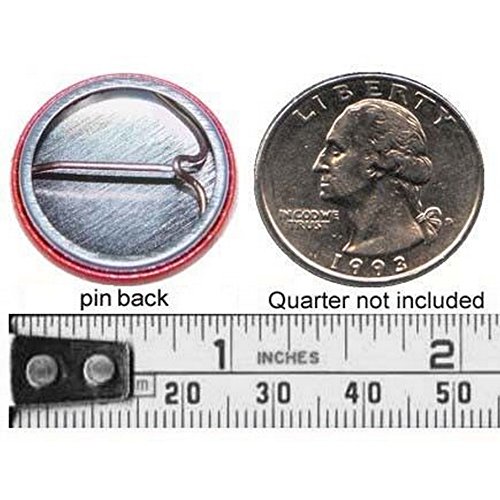Price
Lexicon Devil for Gen Z
The increase in the usage of social media platforms has led to a significant shift in the way individuals interact and communicate with one another. These digital spaces have become integral to our daily lives, shaping how we share information, express ourselves, and form connections.
One of the most notable effects of social media is its impact on interpersonal relationships. The ability to continuously engage with friends, family, and acquaintances through various platforms has transformed the nature of these relationships. Individuals can now maintain connections, share updates, and engage in discussions with a wider network of people, often in real-time. This has both positive and negative implications, as it can foster a sense of community and strengthen existing relationships, but it can also lead to increased social comparison, feelings of isolation, and a blurring of boundaries between personal and professional lives.
Moreover, social media has had a profound influence on the way individuals consume and share information. The rapid dissemination of content, coupled with the ease of sharing and interacting with it, has revolutionized the way we access and engage with news, entertainment, and educational resources. Users can quickly share and consume information, often without verifying its accuracy or source. This has led to the proliferation of misinformation and the challenge of distinguishing fact from fiction, which can have serious implications for individual and societal decision-making.
Additionally, the rise of social media has had a significant impact on the realm of marketing and advertising. Businesses and organizations have recognized the potential of these platforms to reach and engage with their target audiences. Social media campaigns, influencer marketing, and targeted advertising have become increasingly prevalent, as they offer a cost-effective and interactive way to promote products, services, and brand awareness. However, this has also raised concerns about privacy, data security, and the potential for manipulative advertising practices.
Furthermore, social media has played a significant role in shaping political and social discourse. These platforms have become powerful tools for individuals and groups to express their views, mobilize support, and influence public opinion. This has both positive and negative implications, as it can facilitate important dialogues and activism, but it can also contribute to the polarization of opinions, the spread of misinformation, and the erosion of trust in traditional media and institutions.
In conclusion, the impact of social media on our lives is multifaceted and far-reaching. While these platforms have undoubtedly provided new avenues for communication, collaboration, and information sharing, they have also introduced a range of challenges that require careful consideration and adaptation. As we continue to navigate the evolving landscape of social media, it is crucial that we approach its use with a critical and nuanced understanding, balancing the benefits with the potential risks and ethical considerations.
product information:
| Attribute | Value |
|---|


